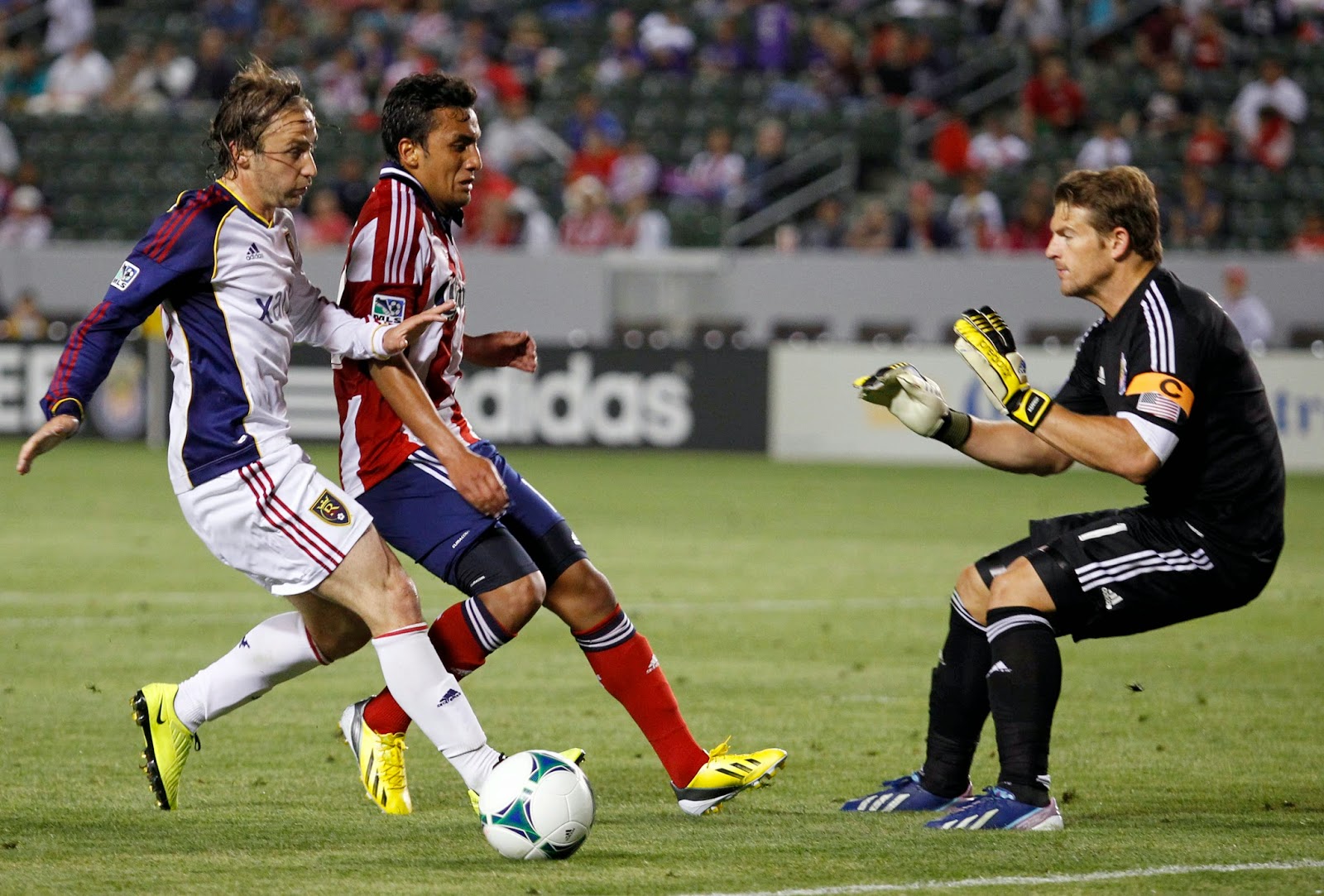Golden Gloves Blake leads Jamaica to Caribbean Cup title
 |
| Andre Blake spent most of his rookie season on the bench or the practice field, but he showed his ability for Jamaica this week. (Times File) |
In at least one sense, though, that promise seems to have manifested itself in the performance Blake just authored with the Jamaican National Team.
Tuesday night, Blake finished up a performance in the CONCACAF Caribbean Cup that showed his obvious ability: Three days short of his 24th birthday, Blake earned the Golden Gloves award for the tournament, giving up just one goal in four matches in leading the Reggae Boyz to the title of the eight-team tournament on home soil.
The Golden Glove Award goes to Andre Blake of Jamaica
— Official J.F.F (@ItsTheJFF) November 19, 2014
In keeping with the basic script Blake followed for the Union, there were stops and starts, like what sounds like a goalkeeping error that cost his team a win in the opening 1-1 draw with Martinique.
Beyond that, though, there were very few points of criticism. Blake kept clean sheets in wins over Antigua and Barbuda (3-0) and Haiti (2-0) to make sure Jamaica finished atop Group A with seven points from three matches. (It was also fueled by three goals from Vancouver's Darren Mattocks, while Leeds' Rodolph Austin won the most outstanding player award.) In keeping with his shades-of-brilliance reputation, the Haiti win included a save of Emmanuel Sarki late on.
In the final Tuesday against Trinidad and Tobago (sadly, sans Keon Daniel), Blake helped keep the game scoreless through 120 minutes. In the penalty kick shootout, Blake started with a stop of (an admittedly poorly-taken) spot kick by Soca Warriors captain Kenwyne Jones. Blake got a hand on the second attempt before it snuck into the side netting, then watched as the fifth and final attempt sailed over the crossbar to lead Jamaica to a 4-3 advancement in PKs. (Video of the PK shootout is here.)
Read more »
Labels: Andre Blake, Darren Mattocks, Donovan Ricketts, Emmanuel Sarki, Jamaican National Team, Kenwyne Jones, Keon Daniel, Philadelphia Union, Rodolph Austin, Trinidad and Tobago
 RSS
RSS


